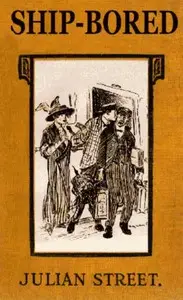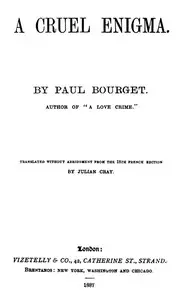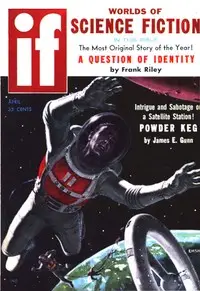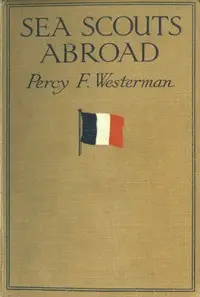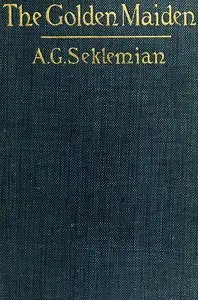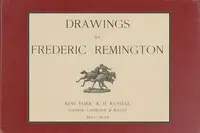"Abroad at Home: American Ramblings, Observations, and Adventures of Julian Street" by Julian Street is a travel narrative written in the early 20th century. This work is a mix of memoir and observation, exploring various American cities through the author's unique perspective. The narrative promises an engaging exploration of locales that have been often overlooked by Americans who travel with a specific agenda in mind. The opening of "Abroad at Home" presents the motivations of the author as he prepares to embark on an extensive journey throughout the United States. Street expresses a desire to travel without a predetermined purpose, aiming to discover the subtle beauty and character of American cities. He reveals his anticipation for adventure and his intention to write about his experiences candidly, contrasting this with the more typical hurried tourism many Americans adopt. The first chapter hints at a theme of seeking authenticity in familiar surroundings, while also introducing his companion for the journey, setting up a dynamic that promises humor and insight throughout their explorations. (This is an automatically generated summary.)

Abroad at Home: American Ramblings, Observations, and Adventures of Julian Street
By Julian Street
"Abroad at Home: American Ramblings, Observations, and Adventures of Julian Street" by Julian Street is a travel narrative written in the early 20th c...
Julian Leonard Street was an American author, born in Chicago. He was a reporter on the New York Mail and Express in 1899 and had charge of its dramatic department in 1900–01. His writings include the following:My Enemy the Motor (1908) The Need of Change - Made into 1939 film I'm from Missouri. Paris à la Carte (1912) Ship-Bored (1912) The Goldfish (1912) Welcome to Our City (1913) Abroad at Home (1914): A book of "American impressions" written after Street travelled "some five thousand miles and visited twenty cities" within his country. American Adventures: A Second Trip "Abroad at Home". (1917) Mysterious Japan (1922) Tides (1926)


